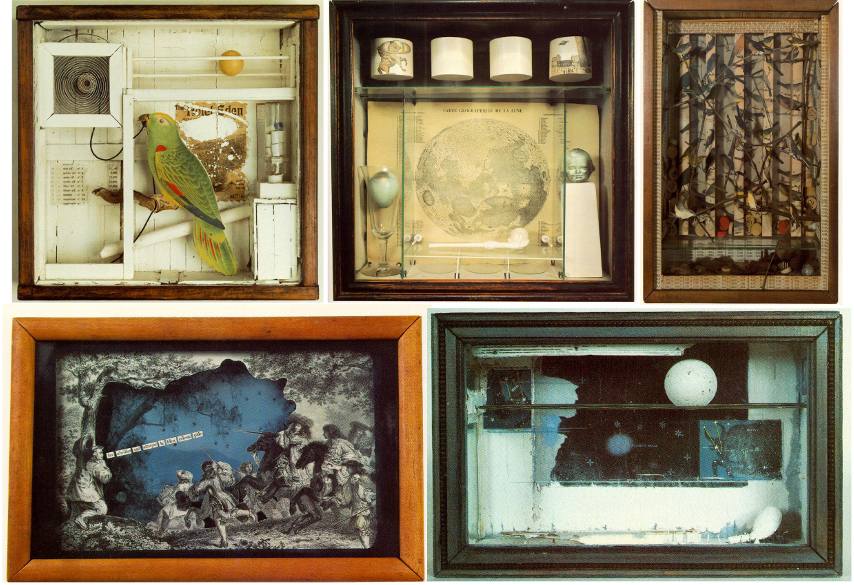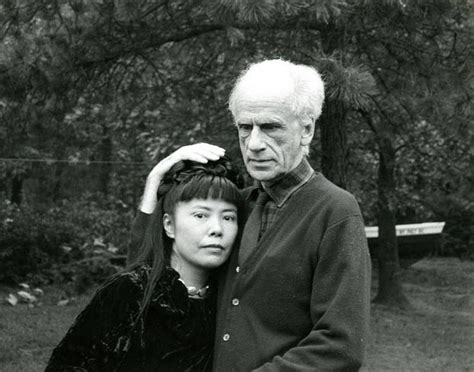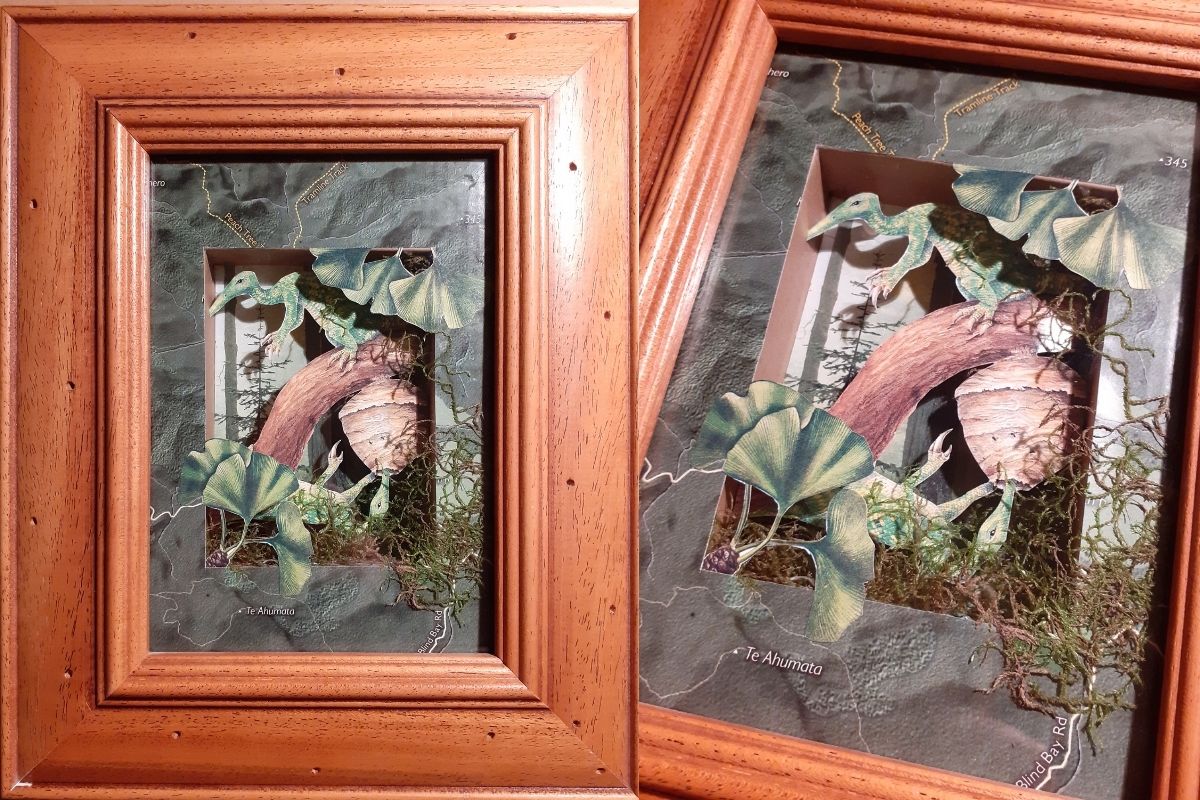I’ve recently acquainted myself with the shadow boxes and collages of Joseph Cornell.
Each artwork is an expression of the collective cultural memory of his time. He used mostly found objects and combined these with 2D images to create whimsical shadow boxes and collages adored by many around the world.

Cornell spent his entire life in one house in the same city with his mother and disabled brother. He was devoted to their wellbeing whilst managing to carve out a life full of purpose and meaning.
Many labeled him a recluse, which he was, but it is also known that he socialised with many of the artists and writers of his time and enjoyed these interactions immensely.
Yayoi Kusama was one of those artists. According to the Japan-born Avante Garde artist, Cornell totally adored her. So much so he wrote countless poems about her, and would call her multiple times per day, keeping her on the line for hours until “it got to the point where it damaged my reputation among art dealers”.

Cornell was raised a strict Christian. His mother reminded him often that women housed nothing but syphilis and gonorrhea, and to stay well away from them.
Kusama couldn’t stand the matriarch. To her mind, Cornell’s childlike personality and dysfunctional understanding of relationships and the opposite sex was a direct result of his mother’s brainwashing.
Kusama’s accounts of Cornell are the most intimate you’ll find anywhere. She paints him as a man who looked older than his years with a shabbiness that reeked of the hobo.
She tried repeatedly to free herself from Cornell’s grasp, but somehow he managed to sway her with his art, which she loved.
I love it when I learn about an artist like Cornell.
At first glance they seem flawless with their talent and skill and dedication. Then, little by little a deeper picture of them emerges and you see them for who they really are: a perfectly flawed human.
Despite Cornell’s idiosyncrasies, he was someone who once explored in intricate detail what I’m only now discovering in my creative life, and that never fails to inspire me.

This union of heart and mind is like a cosmic thread joining their life to mine in order to reveal something that can’t be gained in a class or textbook. It’s like receiving an invitation into a secret but not-so-secret world. A gift and a privilege.
For Joseph Cornell, collage equaled life. He was entirely self-taught and referred to himself more as a maker than an artist. For him, the exploring became creative.
I resonate with this so much. Much of my life has been a creative experiment obtained through exploration. I’m self-taught when it comes to my art practice, and until recently, felt that this was an impediment. It’s not!
People like Joseph Cornell not only inspire me through their work, but remind me of the enormous power of the imagination and the act of making our ideas a reality without the need for a technological or educational hand up.
They may not be good role models for how to do life, but they remind me to stick at it in the face of the demands of life.
References:
Shadow box image: https://seattleartistleague.com/2018/03/11/joseph-cornell/




